
Top 8 Selenium Alternatives for Test Automation
Oct 24, 2024 4 Min Read 3182 Views
(Last Updated)
Test automation plays a crucial role in the development and deployment of software applications. Selenium, with its robust features and extensive community support, has long been the go-to framework for test automation.
However, as technology evolves, new alternatives to Selenium have emerged, offering unique features and advantages that cater to different testing needs and preferences.
In this article, we will explore the best Selenium alternatives for test automation, providing an in-depth analysis of their key features, benefits, and use cases.
Table of contents
- Our Pick of The Top 8 Selenium Alternatives Out There
- Cypress
- WebdriverIO
- TestComplete
- Katalon Studio
- Puppeteer
- Cucumber
- Protractor
- Ghost Inspector
- Takeaways...
- What is most similar to Selenium?
- Is there anything faster than Selenium?
- Is Selenium outdated?
- Will Cypress replace Selenium?
Our Pick of The Top 8 Selenium Alternatives Out There
Let’s jump right into the top selenium alternatives that we picked and why opting for them could be highly beneficial for you too:
Before we proceed further, it’s essential to have a solid foundation in automation testing principles and selenium basics. If you’re eager to dive deep into software testing, consider joining GUVI’s Selenium Automation Testing Course. In this program, you’ll learn the fundamentals of Selenium, Python, Java, Jenkins, JMeter, API Testing, and more. Gain hands-on experience with industry-standard tools and techniques to get into a professional career focusing on the quality of Product & Process development.
Also, if you want to explore Automation Testing with Python through a Self-paced course, try GUVI’s Selenium Automation with Python certification course.
1. Cypress
- Cypress has gained significant popularity in recent years as a modern JavaScript-based end-to-end testing framework. It stands out for its fast and reliable test execution, making it a preferred choice for developers and testers.
- Cypress comes with a highly interactive API that helps you easily write tests and perform actions on web elements. Its real-time reloading feature provides instant feedback on test changes, enhancing productivity.
- It also offers features such as automatic waiting for elements, eliminating the need for manual timeouts and ensuring stable test execution.
- With support for stubbing and spying on network requests, Cypress enables testers to simulate different scenarios during testing, making it the topmost selenium alternative on our list.
2. WebdriverIO
- WebdriverIO is a pretty famous automation framework that simplifies the process of writing and executing Selenium-based test scripts.
- It comes with a concise and user-friendly API, making it easier for testers to interact and work with web elements as well as perform actions.
- WebdriverIO supports a wide range of browsers and platforms, enabling cross-browser and cross-platform testing, which really does make life a whole lot easier as a tester.
- Its rich set of built-in commands and assertions allows testers to perform various actions and validate expected results effectively.
- WebdriverIO also integrates fluently with testing frameworks like Mocha and Jasmine, proving to be flexible and versatile for different testing environments. Hence it is one of the top selenium alternatives in the market today.
Also Read: 7 Best Automation Testing Project Ideas
3. TestComplete
- TestComplete is a comprehensive test automation platform that supports various application types, including web, desktop, and mobile.
- It provides a scriptless approach to test creation (which is just so handsy), allowing testers with minimal coding knowledge to build robust tests using its record and playback features.
- TestComplete also boosts advanced object recognition capabilities, making it simpler to identify and interact with elements in different applications at the same time.
- Its seamless integration with popular CI/CD tools enables test automation in continuous integration pipelines, streamlining the development process. No wonder it’s a great selenium alternative.
4. Katalon Studio
- Katalon Studio is a powerful test automation solution that boosts a combination of the capabilities of both Selenium and Appium.
- It provides a user-friendly platform that allows testers to create and execute tests without requiring much coding knowledge.
- Katalon also supports a wide range of scripting languages such as Java, C#, and Groovy, providing the flexibility to choose your preferred language.
- It offers built-in test reports and analytics, enabling teams to monitor and analyze test results effectively.
- Katalon also integrates fluently with various third-party tools and platforms, enhancing the overall test automation workflow. Making it one of the best selenium alternatives in the market.
5. Puppeteer
- Puppeteer is a Node.js library developed by Google that provides a high-level API for controlling headless Chrome or Chromium browsers.
- It enables browser automation, allowing testers to perform tasks such as web scraping, generating screenshots, and PDFs of web pages, along with performing UI tests. Puppeteer is known for its high performance and ease of use.
- Its powerful API allows you to interact with web elements, navigate pages, and handle events with ease.
- Puppeteer is a great selenium alternative and is particularly valuable for tasks that require deep integration with Chrome’s DevTools Protocol.
Must Read: Top 10 Best Automation Testing Tools in 2024
6. Cucumber
- Cucumber is a widely used tool for behavior-driven development (BDD) and functions as an automation tool for writing expressive and business-focused tests.
- It allows test scenarios to be written in a human-readable format called Gherkin, promoting collaboration between developers, testers, and business stakeholders.
- Cucumber supports multiple programming languages, including Java, Ruby, and JavaScript. It helps engage business stakeholders who can’t read code and mainly focuses on the end-user experience.
- The ease of setup and execution makes it a preferred choice for testers across various industries.
7. Protractor
- Protractor is an end-to-end testing framework specifically designed for Angular applications. It extends Selenium WebDriver and comes with additional features and enhancements for testing Angular-specific functionalities.
- Protractor supports both unit as well as end-to-end testing, making it a comprehensive solution for testing Angular applications at all different levels.
- It offers seamless integration with popular testing frameworks like Jasmine, enabling teams to leverage their existing testing setups.
- Protractor also provides built-in support for Angular-specific features, such as waiting for Angular’s asynchronous behavior and interacting with Angular-specific elements and directives.
Must Explore: Which Site is best to learn automation Testing?
8. Ghost Inspector
- Ghost Inspector is a versatile test automation tool that combines automated testing and monitoring for web applications.
- It offers a user-friendly interface and supports various types of testing, including regression testing, UI testing, and browser testing.
- With its scheduling capabilities, testers can automate regular tests in the cloud, ensuring continuous monitoring of their applications.
- Ghost Inspector also provides features like unlimited video recordings, test suite change tracking, and integration with other tools, making it a comprehensive solution for test automation and monitoring.
Enroll in GUVI’s Selenium Automation Testing Course to get your software testing career off to a great start. Here, you can master in-demand skills like Selenium, Python, Java, Jenkins, JMeter, API Testing, and more.
Alternatively, if you want to explore Automation Testing with Python through a Self-paced course, try GUVI’s Selenium Automation with Python certification course.
Takeaways…
As technology evolves, so do the alternatives to Selenium for test automation. Each of the selenium alternatives discussed above offers unique features and advantages, catering to different testing needs and preferences.
Evaluating these selenium alternatives based on specific project requirements, documentation, community support, and integration options is crucial for making an informed decision.
Embracing these alternatives enhances test automation efforts, improves efficiency, and keeps pace with the latest advancements in the field.
Also Explore: Who Is An Automation Testing Engineer? & How To Become One?
What is most similar to Selenium?
Appium is a popular tool that is most similar to Selenium, as it is also used for automated testing of mobile and web applications and some of its features are pretty similar too.
Is there anything faster than Selenium?
Yes, tools like Puppeteer and Cypress are known for their faster execution compared to Selenium due to their modern architecture.
Is Selenium outdated?
No, Selenium is not outdated. It continues to be widely used for web automation testing, and its community actively maintains and updates it.
Will Cypress replace Selenium?
Cypress offers a different approach to testing and is gaining popularity, but it is not a direct replacement for Selenium. The choice depends on specific project requirements and preferences.






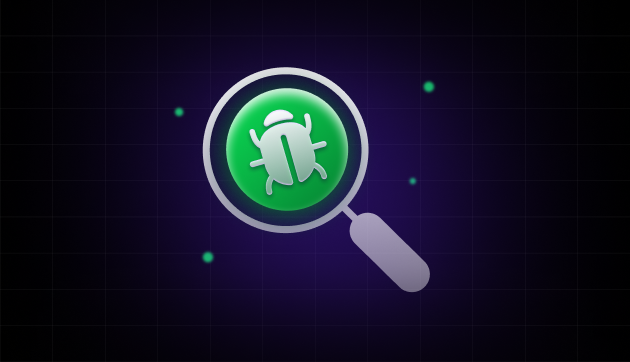
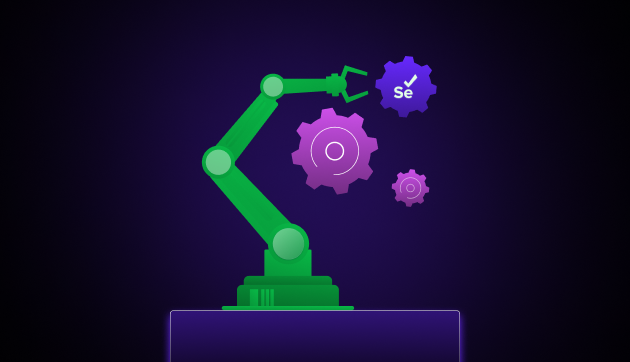
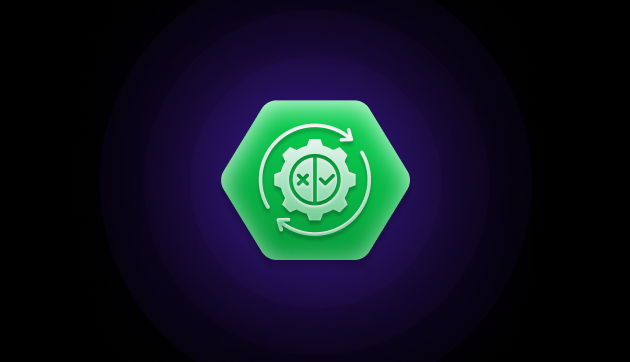
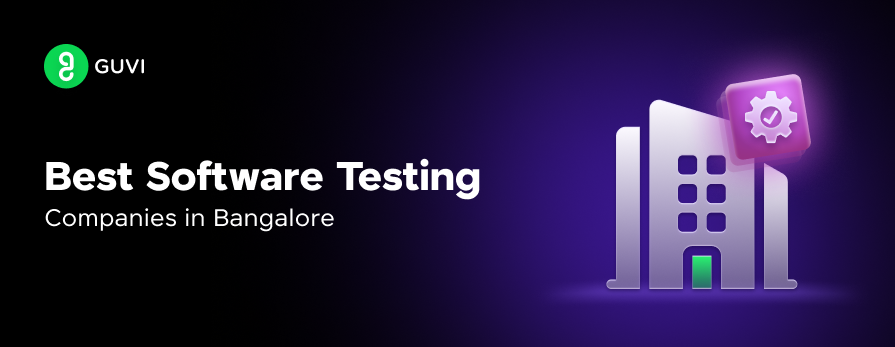
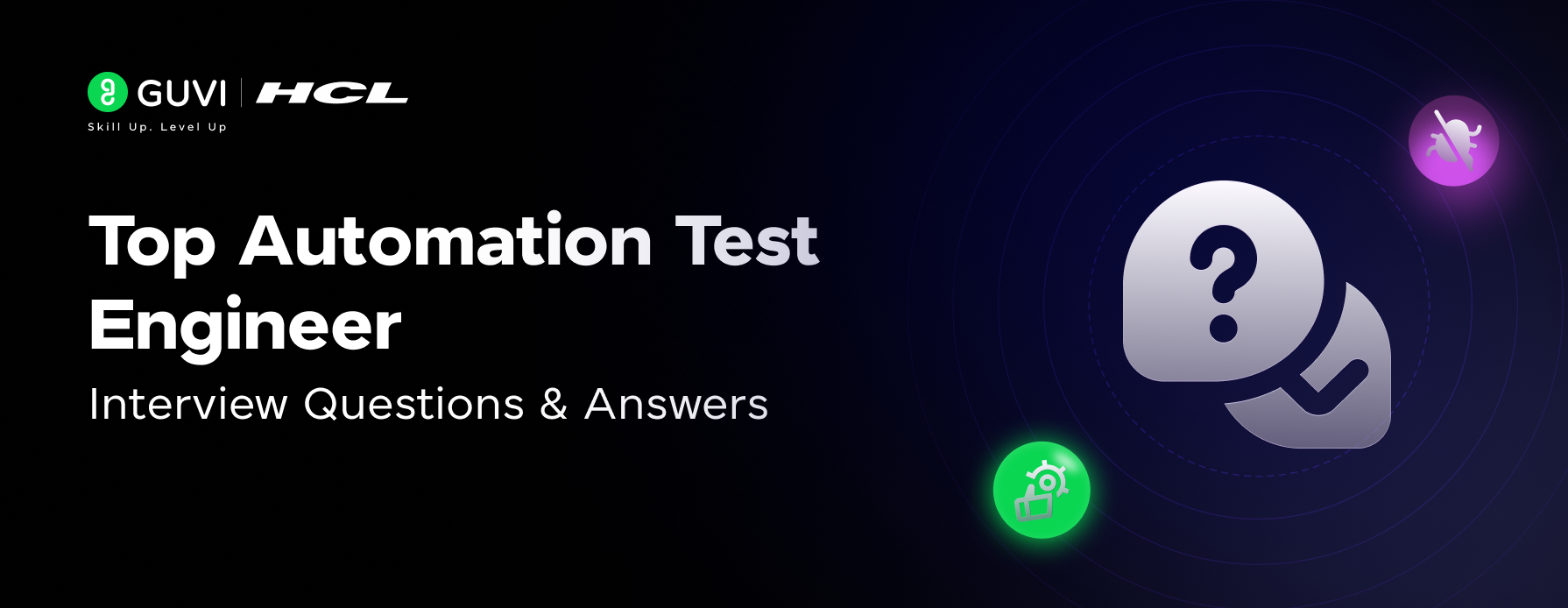




Did you enjoy this article?